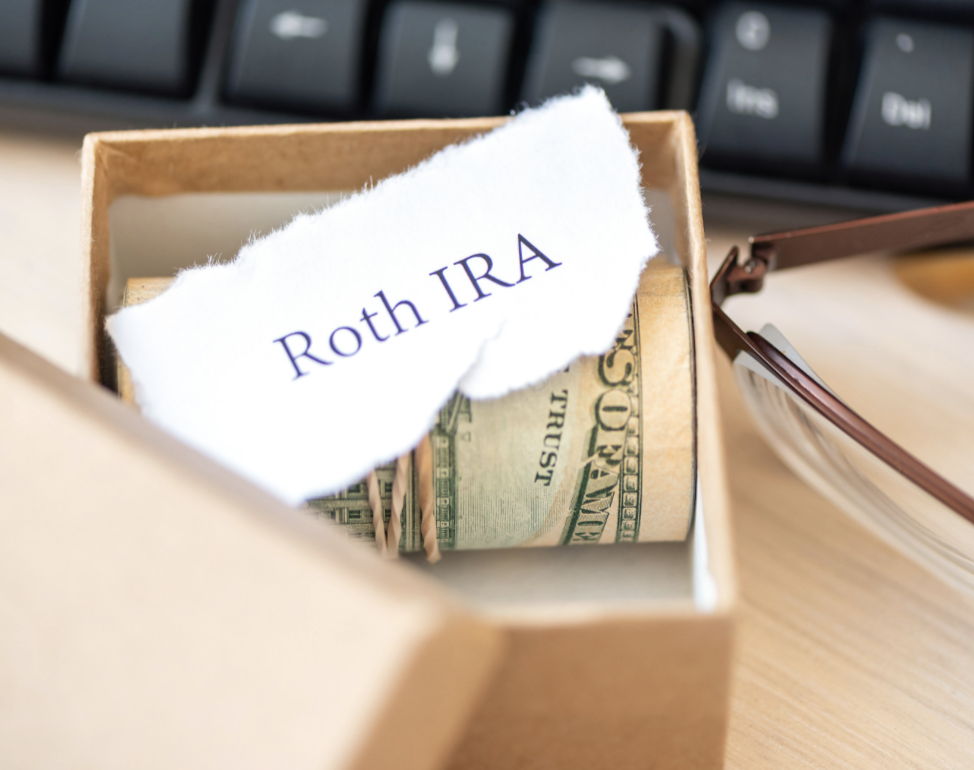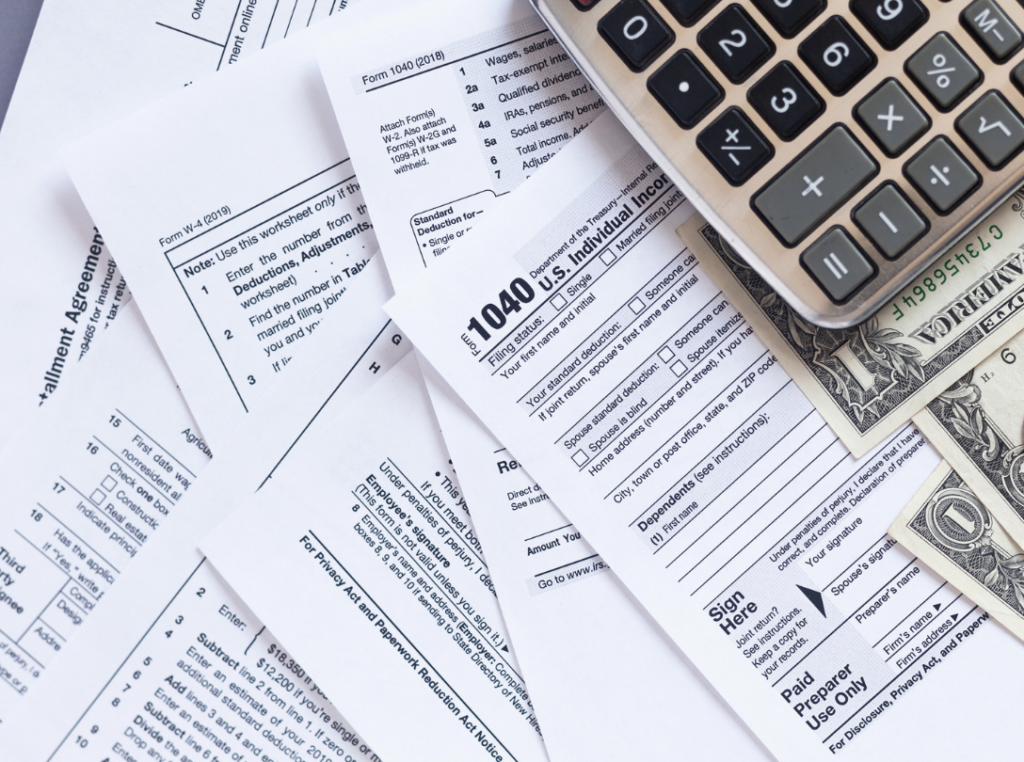Moving to Germany brings a unique set of financial and logistical challenges, and selecting the right insurance plan is one of the most important decisions you’ll face. Understanding the differences between short-term vs long-term insurance for expats, as well as the specifics of the German insurance system, can greatly influence your experience and peace of mind. In this guide, we’ll break down the pros and cons of each option, highlight situations where one may be a better fit than the other, and outline key factors to consider when choosing between short-term and long-term insurance.
what is Short-Term Insurance?
Short-term insurance is typically designed for individuals planning temporary stays or uncertain residencies. When relocating to Germany, the choice between short-term vs long-term insurance for expats is crucial. Short-term policies offer flexible coverage tailored for those with shorter timelines or uncertain plans, such as travelers, students, or professionals on temporary assignments. These policies often focus on essential needs like health, travel, or accident protection, providing expats with immediate support while allowing them to avoid the commitment of a long-term plan. Additionally, short-term insurance can be easier to set up and generally requires minimal paperwork, making it a convenient option.
When to Choose Short-Term Insurance
1. Temporary work assignments or student visas. Expats on short-term projects or students may find short-term insurance sufficient for their immediate needs.
2. Uncertain residency plans. Those awaiting residency approval or testing the waters in a new country might prefer the flexibility of short-term policies.
3. Temporary relocations to Germany. For expats working on specific contracts or projects in Germany, short-term insurance offers targeted coverage without the need for long-term commitment.

what is long-Term Insurance?
Long-term insurance is tailored for individuals who plan to stay abroad for extended periods and seek a stable, comprehensive approach to coverage. Unlike short-term policies, long-term insurance offers extensive options that can include full health insurance, life insurance, and disability insurance, making it the best choice for those committed to building a life in Germany or abroad. This type of coverage is particularly beneficial for expats with established work contracts, family commitments or a clear path toward permanent residency. Although typically they require a greater commitment, these plans can provide lasting security and benefits for expats settling abroad.

When to Choose Long-Term Insurance
Long-term insurance may be a better choice for expats in these situations:
1. Expats with long-term employment contracts. The decision between short-term vs long-term insurance for expats often hinges on job stability. Expats with stable jobs in Germany or other countries can benefit from the wide coverage that long-term insurance offers.
2. Those seeking permanent residency. Long-term plans align well with residency requirements in many countries, making them a smart choice for those planning to settle permanently.
3. Families relocating abroad. Long-term insurance often includes family coverage options, which are essential for expats relocating with dependents.
Short-Term vs Long-Term Insurance for Expats: Pros and Cons
Pros of Short-Term Insurance
- Greater flexibility. Short-term insurance is ideal for those with uncertain timelines, allowing for coverage as long as it’s needed without long-term obligations. Expats on temporary assignments or student visas often find this flexibility advantageous.
- Quick setup and minimal paperwork. Since short-term policies usually have simpler terms, they often require less documentation, making them easier to set up and ideal for immediate coverage.
- Lower upfront costs. Short-term insurance is generally more affordable initially, providing budget-friendly solutions for those just beginning their stay.
- Targeted coverage. Short-term policies can be customized to meet specific needs, such as travel health or temporary accident insurance, which can be crucial for short stays or focused coverage.
Cons of Short-Term Insurance
- Limited coverage options. Short-term insurance policies may offer less extensive coverage and fewer options for add-ons or adjustments, potentially leaving some gaps in protection.
- Higher premiums over time. If short-term policies are renewed frequently, costs can add up, potentially making them more expensive in the long run compared to long-term options.
- Exclusions for comprehensive coverage. Many short-term plans exclude long-term benefits like disability insurance, pensions, or family coverage, which can be critical for expats planning extended stays.
We hope tis pros-and-cons list offers a clear overview to help you make an informed decision between short-term vs long-term insurance for expats in Germany, enabling you to choose the coverage that best aligns with your needs.
Pros of Long-Term Insurance
- Comprehensive and stable coverage. Long-term insurance provides extensive coverage options such as full health, life, and disability insurance, offering greater security for expats with long-term plans.
- Better premium rates over time. Since long-term policies spread costs over an extended period, they often offer more favorable premiums, especially for individuals committing to a multi-year plan.
- Family coverage and add-on options. Long-term insurance plans frequently provide options for family coverage and additional services, which can be invaluable for expats moving with loved ones.
- Meets residency requirements. In some countries like Germany, long-term insurance aligns with local requirements, ensuring compliance for expats seeking permanent residency.
Cons of Long-Term Insurance
- Higher upfront costs and commitment. These policies typically require a higher initial investment, along with a greater level of documentation, which can be challenging for newcomers.
- Limited flexibility for adjustments. Once a long-term policy is established, changing or canceling it early can incur fees, limiting flexibility for expats with uncertain residency timelines.
- Not ideal for temporary expats. The choice between short-term vs long-term insurance for expats becomes simpler y for those uncertain about their length of stay. In such cases, the commitment involved in long-term insurance may not be ideal, as it could result in overcommitment and higher costs than necessary.
This breakdown of pros and cons provides a straightforward comparison to guide your decision-making process regarding short-term vs long-term insurance for expats, helping you select the most suitable option based on your circumstances and needs.
Comparing Short-Term vs Long-Term Insurance for Expats: Which is Right for You?
When weighing short-term vs long-term insurance for expats, expats must consider their personal circumstances. Here are some points to consider:
- Budget. Short-term insurance typically has lower upfront costs, making it a better choice for those just starting out or uncertain about their stay. It’s an affordable option if you’re on a tight budget or need immediate coverage without a long-term commitment.
- Duration of stay. Expats with temporary plans or uncertain timelines may lean toward short-term insurance, while those with established plans may prefer long-term.
- Family needs. Expats with family members should consider long-term insurance for the comprehensive coverage and additional services.
You can check out the official website of the Federal Ministry of Health (Bundesministerium für Gesundheit) to find further information about health insurance in Germany, including eligibility, benefits and how it works for expats.

Choosing the Right Insurance Plan for Your Move to Germany
Making the right choice between short-term vs long-term insurance for expats depends on how long you plan to stay, your financial situation and the level of security you need. Germany’s residency requirements may also impact your choice, as certain visa types necessitate long-term insurance. It’s essential to evaluate your options thoroughly and consider consulting a professional to guide you through your decision. If you need personalized help, you can arrange a free consultation with our insurance experts here. We also have a live chat feature available on every page. If you have any questions, just click to start a conversation, and our team will be happy to assist you shortly!
What our clients say about our services






Secure your future abroad with tailored insurance & pension plans
Get expert advice on the best solutions for expats – personalized to fit your unique needs. Start planning today!































